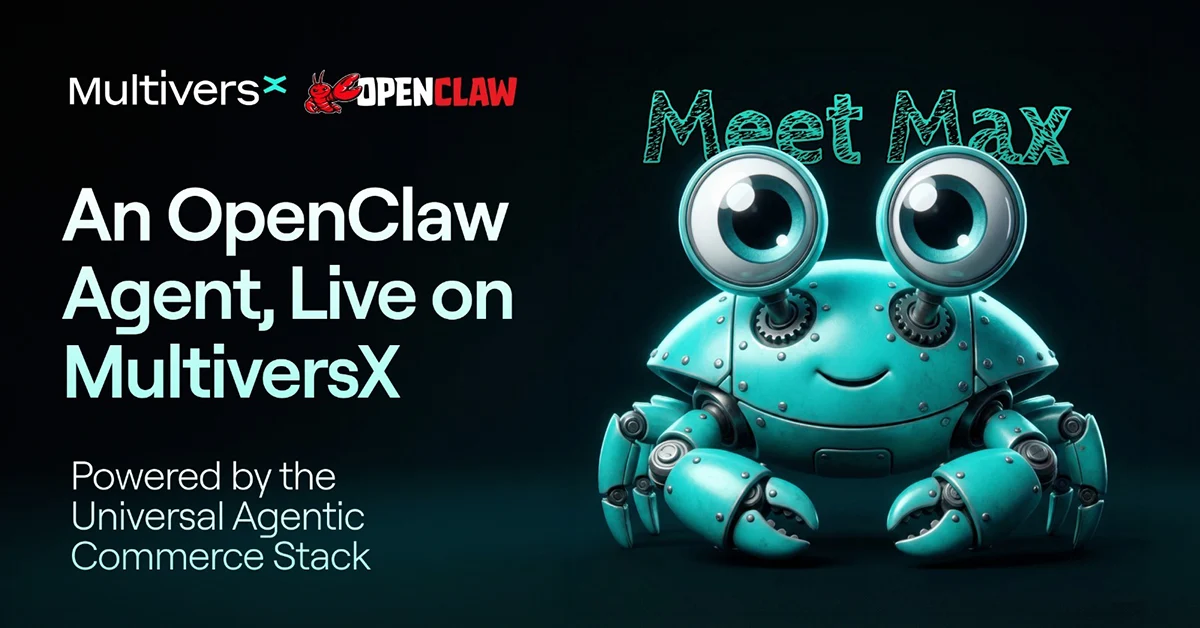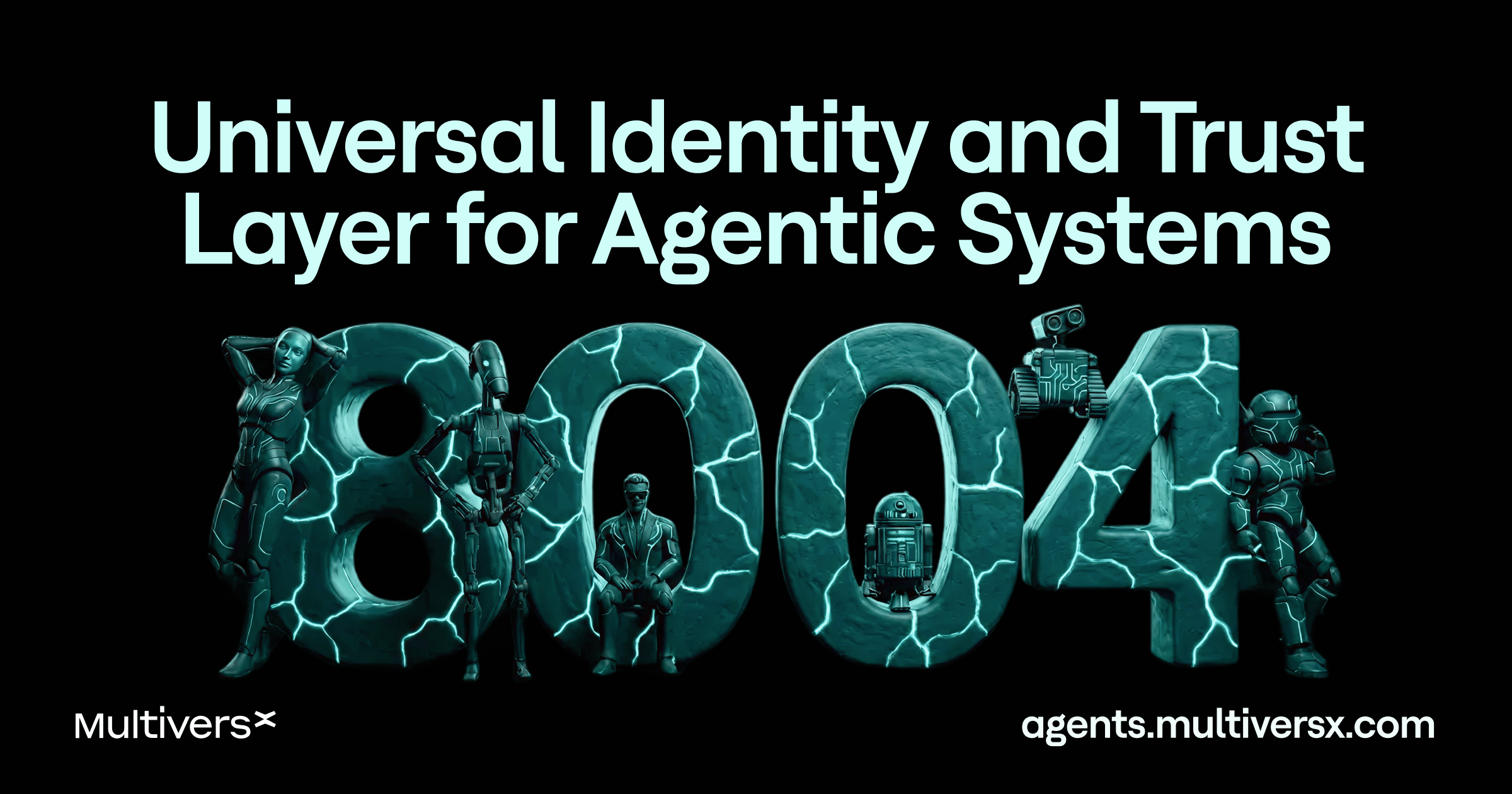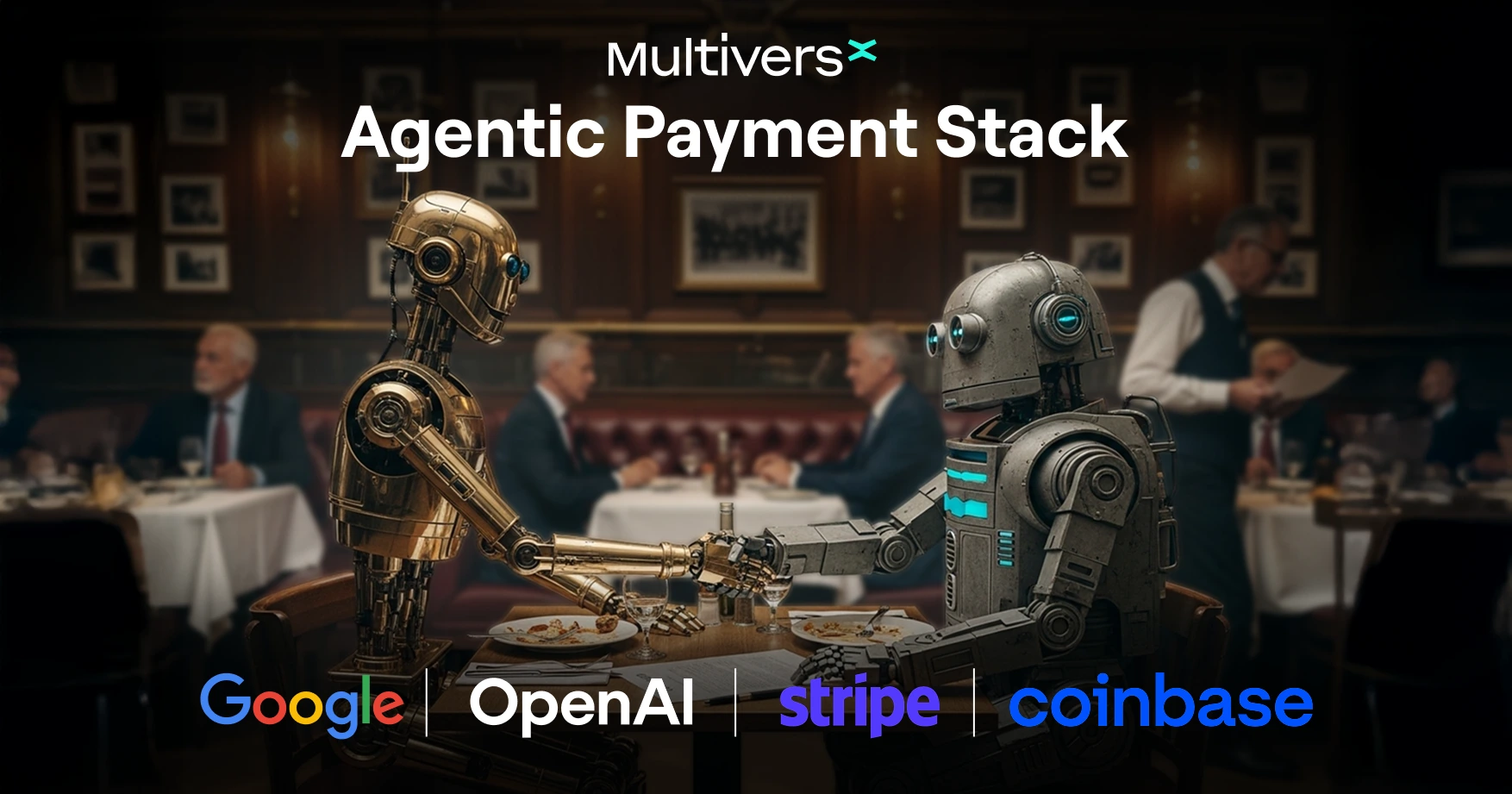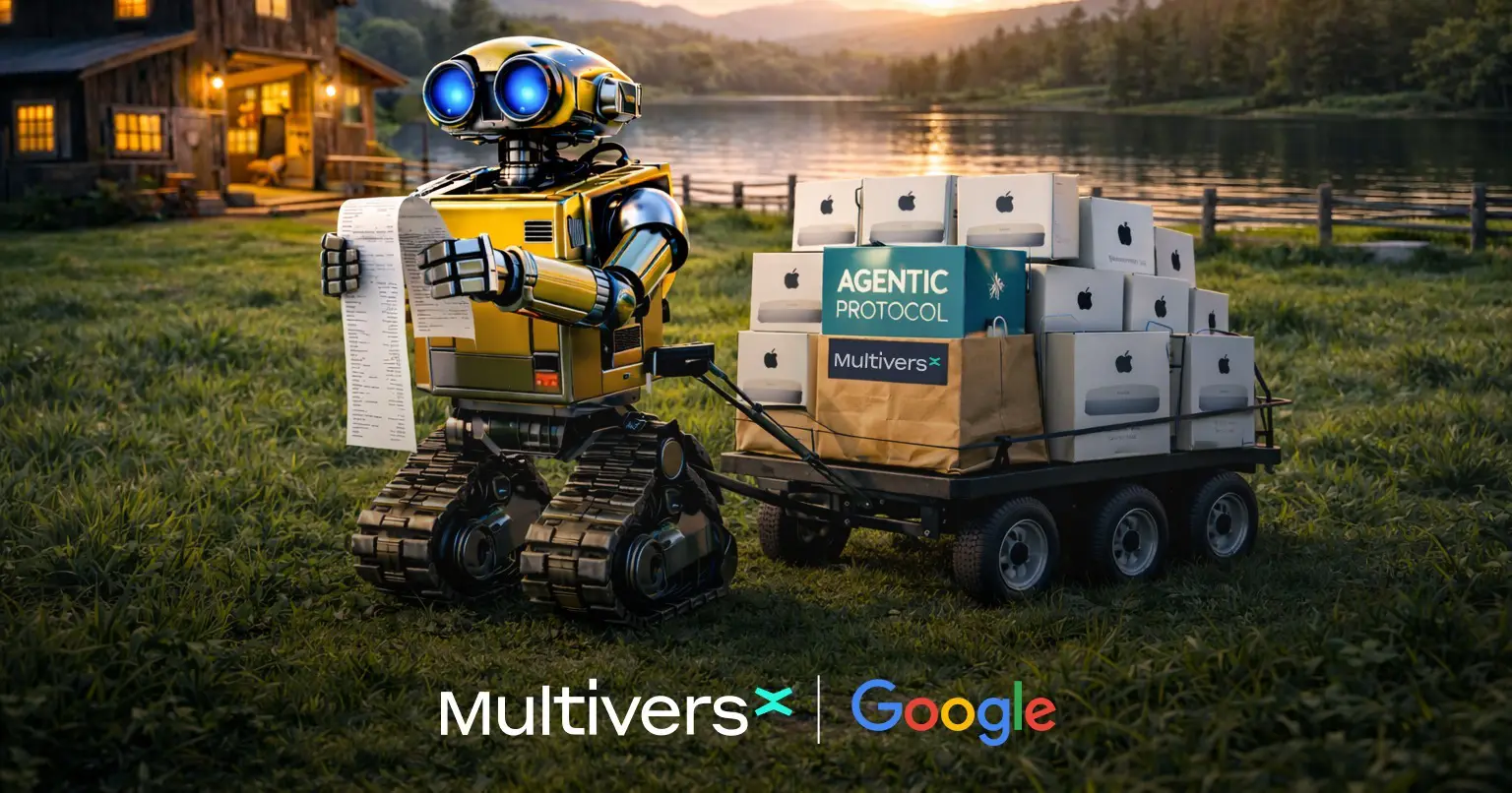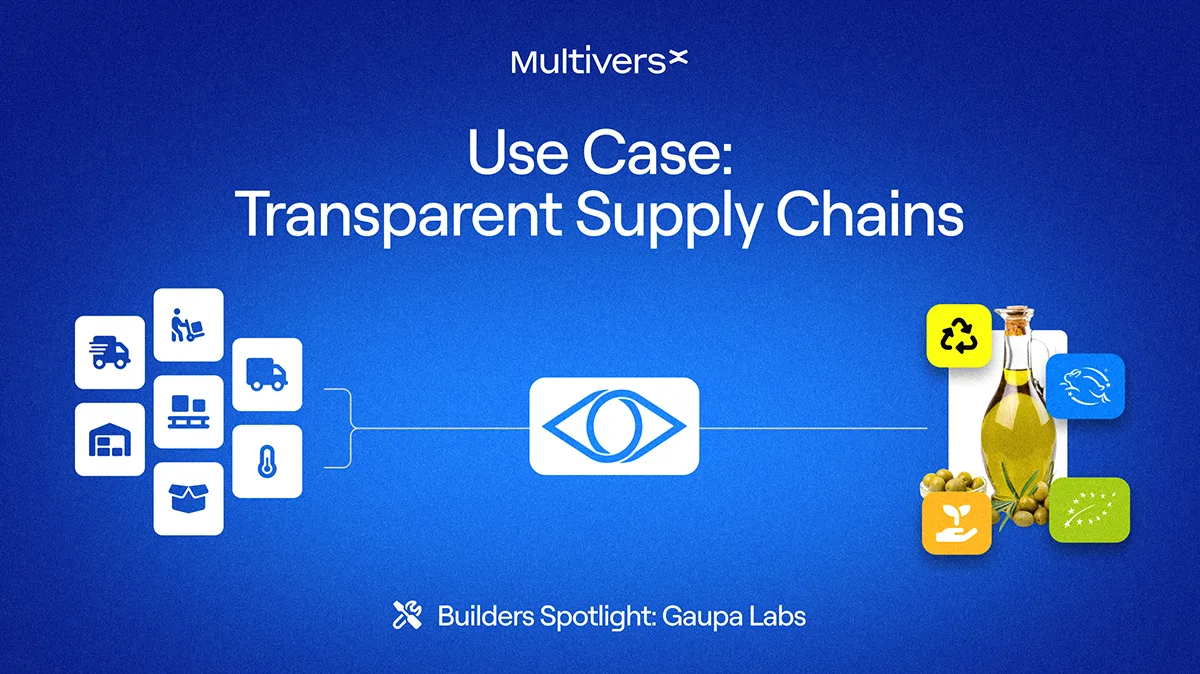

You Can’t Compete on Sustainability If You Can’t Prove It
What’s holding ethical producers back and how blockchain-powered traceability changes the game
Walk through any farmers market, local shop, or specialty grocery aisle today and you’ll notice something: the products that stand out make promises about how they were made. Sustainable. Organic. Locally sourced. Ethical. Climate-positive.
But if you ask the people behind those products, small farms, food cooperatives, family-run factories, how they actually prove those claims to retailers or consumers, the answer is almost always the same: spreadsheets, PDFs, good intentions, and hope.
These businesses are doing the work. They’re sourcing raw materials locally, keeping supply chains short, avoiding synthetic inputs, and treating workers fairly. But none of it is visible in a way that’s consistent, verifiable, or scalable. They’re effectively invisible in a marketplace that’s rewarding proof.
And it’s because they lack infrastructure.
The Trust Is About Tools
Over the past few years, consumers have become far more skeptical of sustainability claims. Rightly so. Greenwashing is easy. Words like “natural” and “ethical” have become so overused they’re practically meaningless. At the same time, the stakes have gone up: larger retailers and platforms are demanding traceability, compliance, and documentation, especially in food and agriculture.
But for small and medium-sized producers, there’s a fundamental mismatch between what’s required and what’s possible.
Most of them don’t have access to enterprise tools like SAP or Oracle. They can’t afford costly third-party certifications for every product line or seasonal batch. They often lack full-time staff for compliance or reporting. What they need is a way to capture and share the truth of how their goods are made.
That means recording production steps in a way that can’t be altered. It means tracking batches, locations, and processing conditions as things happen.It means showing that a product is what it claims to be, without having to write a novel or hand over their supplier list to competitors.
In short, they need a system built for visibility, but on their terms.
From Invisible to Verifiable
This is where the real innovation starts. Not in blockchain for blockchain’s sake. Not in adding buzzwords like “Web3” or “AI” to packaging. But in building infrastructure that’s actually useful to the people doing the work.
Imagine a world where a small olive oil producer in Crete, or a community bakery in southern Germany, can track every step of production as it happens, using a simple dashboard. Their delivery logistics, supplier certifications, storage conditions, even temperature data, all recorded securely, immutably. Not exposed to the public, but available when needed. Auditable when questioned. Shareable when trust needs to be earned.
It’s about equipping small producers with the infrastructure they’ve always needed—simple, reliable, and built to match their reality.
GaupaLabs: Quiet Infrastructure for Honest Supply Chains
One project taking this challenge seriously is GaupaLabs, a startup building blockchain-based transparency infrastructure specifically for SMEs in food and agriculture. Their approach avoids hype and focuses instead on the core problem: how do you prove sustainability without hiring a data team or losing control of your business?
Their system combines blockchain-backed tracking, encrypted data sharing, and a lightweight user interface that fits into existing workflows. It’s built on MultiversX, a carbon-negative blockchain architecture designed for real-world performance, low fees, high throughput, and clean integrations. That means tamper-proof supply chain data without complexity, and without friction.
A better way to say: “Here’s how this product was made, and here’s how you can trust that.”
GaupaLabs is making visible what’s already being done. And in a world increasingly shaped by consumer skepticism, regulatory pressure, and fragmented supply chains, that might be exactly what’s needed.
Because if the people doing things right can’t prove it, they’ll lose out to those who only say they are. And that’s a future no one wants.
—
To learn more about GaupaLabs and the infrastructure they’re building on MultiversX, visit Gaupa Labs



